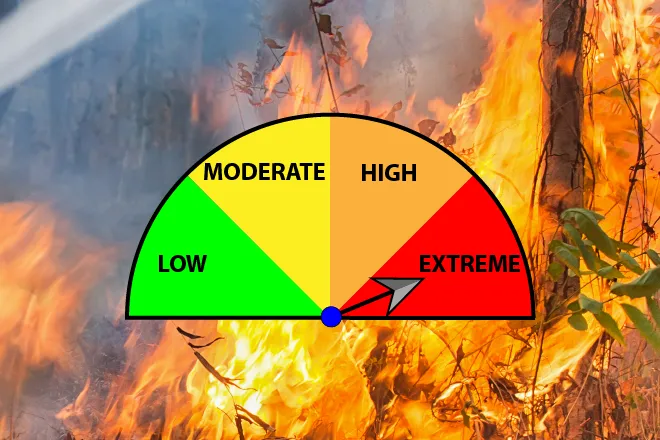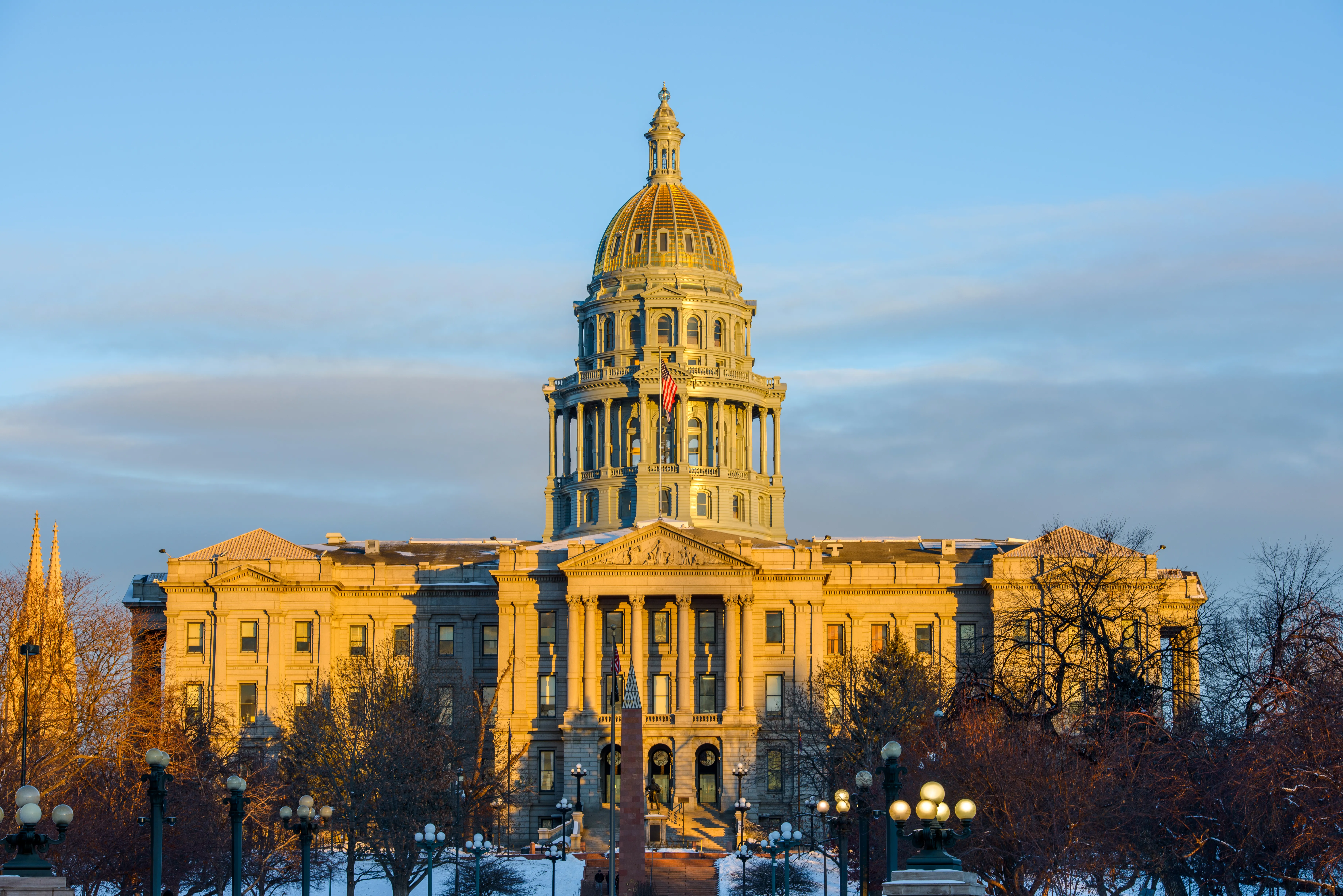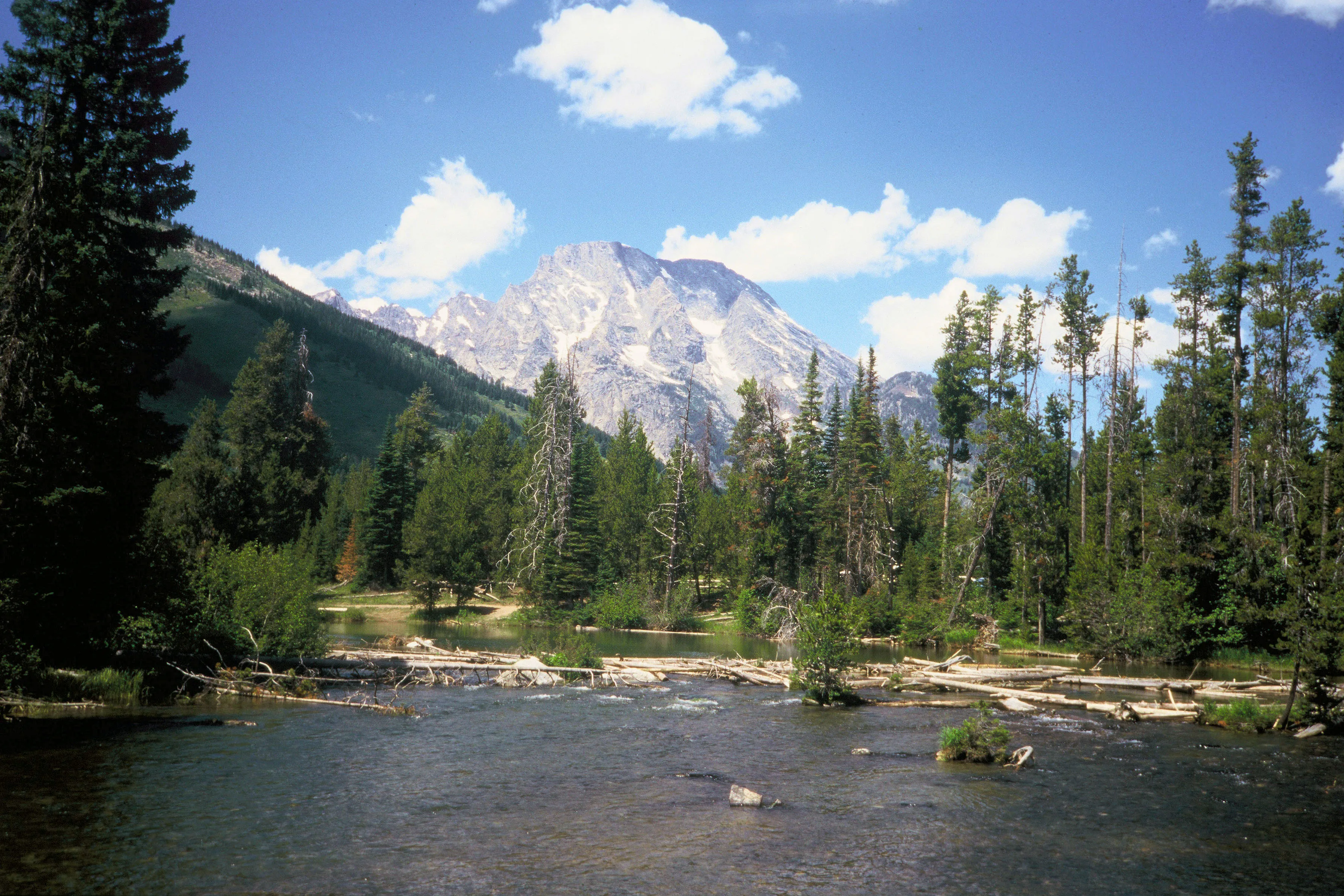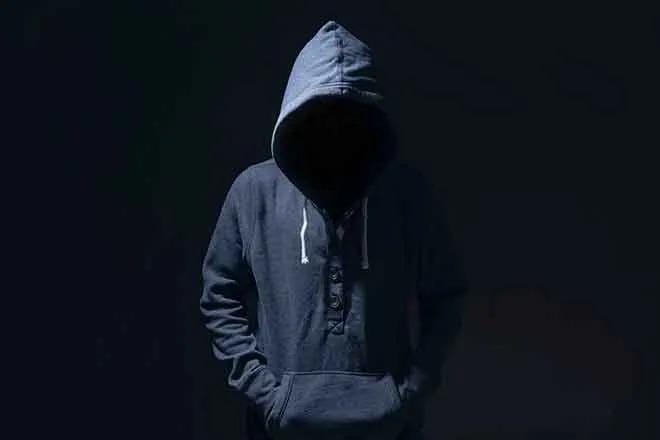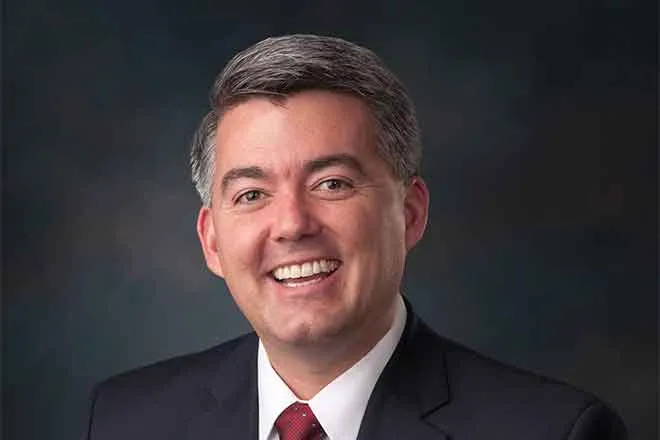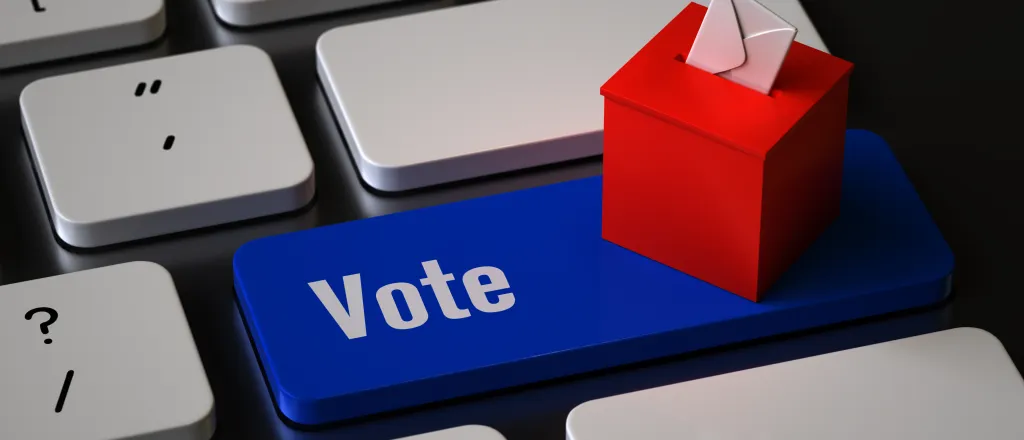
Bipartisan Arizona group renews call for open primaries
Click play to listen to this article.
(Arizona News Connection) A bipartisan Arizona group that is pushing for open primaries in the state says it isn't surprised by the relatively low voter turnout in recent primary elections.
As in Iowa, Arizona requires voters to be affiliated with a major political party to be able to participate in primary elections.
Paul Johnson, former Phoenix mayor and member of the Make Elections Fair AZ executive committee, said from his experience, those who show up in what he calls "low-turnout primaries" tend to be the "most extremist" voters. He added that leads to more extreme candidates winning, but it also paints a skewed picture of how the public views issues.
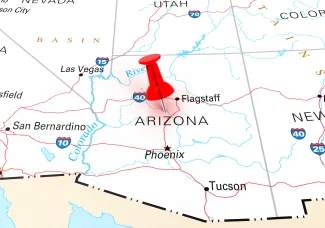
"There is a great level of surprise by a great many people who just can't believe that we are continuing on with an outcome where the majority of us, somewhere near the General Election, are going to have to pick between what most people see as being the lesser of the best options," Johnson said.
Johnson added he considers the current system to be discriminatory toward Independent and unaffiliated voters. He argued open primaries would ease polarization.
Arizona allows unaffiliated voters to participate in any party primary they choose, but does not allow those who are registered with one party to vote in another's. Supporters of closed primaries argue they are essential for preserving party ideals and influence.
Sarah Smallhouse, chair of Make Elections Fair AZ, said Arizona's Independent and unaffiliated voters have to take extra steps to be able to participate in primary elections, and many times they don't -- which can lead to a false sense of representation.
"In the sliver of primary voters that are making all of these important decisions, you don't actually have representation from the largest group of registered voters in the state?" Smallhouse asks. "That is a problem."
The group wants to note that both the Republican and Democratic parties are necessary, but is convinced that open primaries would "draw the best out of both of them," as it could facilitate a constructive and holistic political landscape.
The initiative would not stop parties from endorsing a candidate, but they would no longer be guaranteed a place on the General Election ballot. The group is still collecting the signatures, needed by this June, to get the measure onto the November 2024 ballot.

